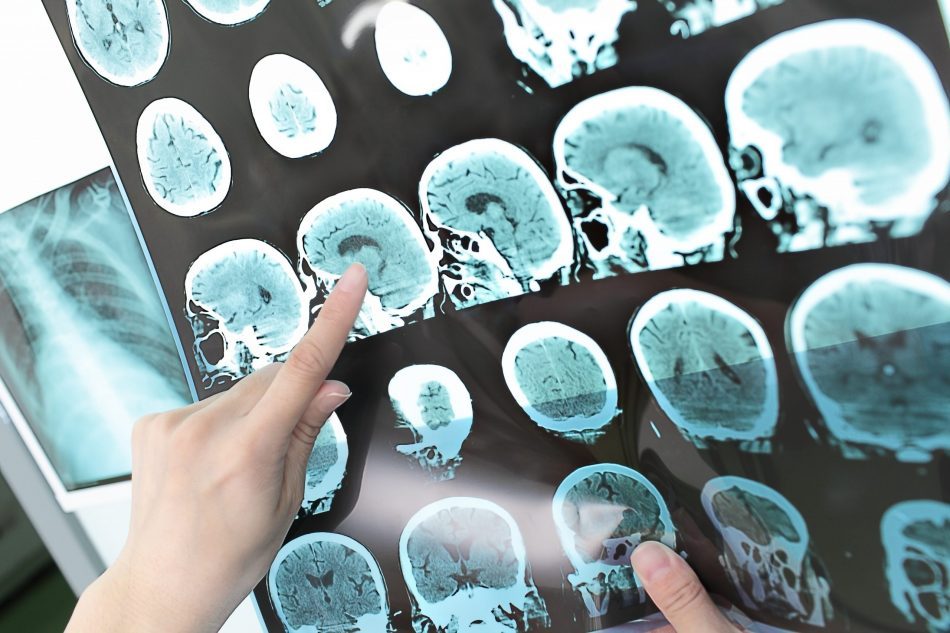
3 ways that exercise changes the very structure of the brain
You probably know that exercise boosts brain function, but did you know that exercise can literally change the structure of our brains? Although these structural changes may not be visible to us, they can help us protect and preserve brain health and function throughout our lives. Below, you’ll Read More...

Diving program teaches kids to document sunken slave ships
In the quest to create a more complete picture of African-American genealogy, an underwater archaeology group called Diving With a Purpose (DWP) focuses on documenting old slave ships that have sunk to the bottom of the sea. Documenting these ships and other artifacts of the transatlantic slave Read More...

Time lapse: This supernova was 5 billion times brighter than the sun
For all you space geeks, we have something dazzling for you. The Hubble Space Telescope recorded footage of a supernova exploding in the sky over the course of a year, creating one of the brightest light shows ever seen. In fact, the exploding star burned at the radiance of 5 billion suns before Read More...

Scientists design hearing aid that uses just $1 worth of parts
200 million adults over the age of 65 suffer from age-related hearing loss around the world. In response, scientists at the Georgia Institute of Technology have designed a hearing aid device that uses only a dollar’s worth of open-source parts and a 3D-printed case to function. The Read More...

We are one step closer to finding an effective treatment for MS
Scientists at the University of Cambridge have a taken key step in finding a treatment for multiple sclerosis (MS). In a clinical trial of the cancer drug bexarotene, it was found that the drug repairs the protective myelin coatings around nerves that are damaged by the disease. The only issue Read More...

Study finds older people today are smarter and stronger than 30 years ago
With the great advancements, humanity has made in terms of our understanding of the human body and in terms of new medical technology, you might be safe to assume that older people today are healthier than those just a few decades ago. But now we have proof thanks to a compelling new study out of Read More...

Blood test leads to quicker, cheaper way of detecting brain injuries
Scientists have come up with a new, quick way to detect brain injuries. Normally, doctors discover whether or not a patient has a traumatic brain injury through a CT scan, which is typically expensive and takes upwards of 30 minutes to perform. To cut time and costs, scientists are using a Read More...

Monitoring brainwaves during sleep can pinpoint best antidepressant
One major problem with antidepressants is that patients have to take the drug for at least a month to know whether or not it works. But that could soon change after researchers found a quicker, more effective way to gauge the effectiveness of an antidepressant: monitoring a patient’s brainwaves Read More...

Scientists say mealworms could serve as alternative source of protein
Population booms in developing countries have led to a shortage of protein sources. For that reason, scientists from Indiana University - Purdue University Indianapolis (IUPUI) have proposed yellow mealworms as an alternative protein source for animals and, possibly, humans. In the new study, Read More...

Scientists create AI tool that detects Alzheimer’s through speech
Detecting Alzheimer’s in its early stages remains quite the mystery for scientists. In an effort to solve this mystery, a team of researchers are utilizing artificial intelligence to look for signs of Alzheimer’s within language. The research, which took place at New Jersey's Stevens Read More...


